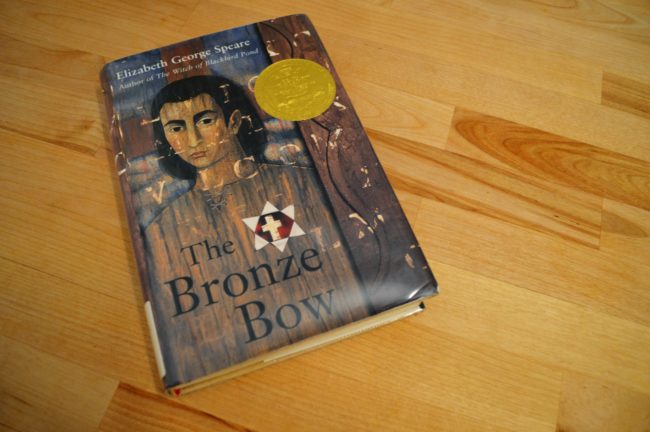
The Bronze Bow by Elizabeth George Speare, the 41st Newbery, is set in 30s AD Galilee and tells the tale of teenage Daniel, runaway blacksmith apprentice who is living in the mountains in hopes of avenging his parents’ death at the hands of the Romans. Daniel gets swept back into village life, meeting zealots and students of the law and even Jesus of Nazareth. Through his friendship with Joel and Malthace, his work at Simon the Zealot’s blacksmith shop, caring for his demon possessed (now we’d call her agoraphobic) sweet sister Leah, and some brash plans that go awry in attacking the Romans, Daniel grows up and understands his vow to work for God’s victory as something much deeper and larger than he first thought.
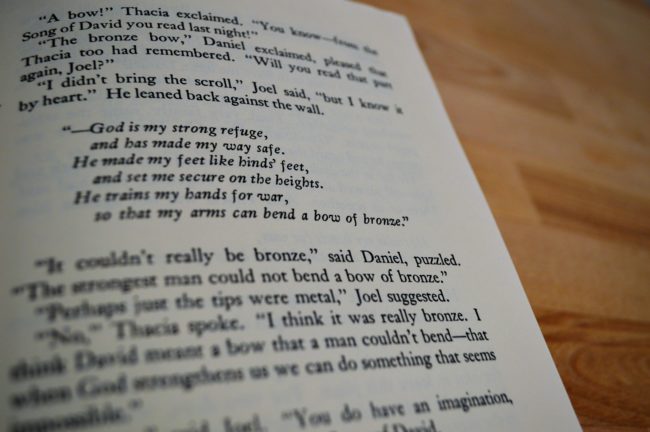
What I liked & found interesting. One of the things that can catch a child (or an adult for that matter!) off guard reading through the Bible is Roman occupation. You sort of get bogged down at the end of the Old Testament in a lot of invasions and exiles and prophets with Babylon and Assyria and then you round the corner into the New Testament, open with the Christmas story, and somehow the Romans are there. So one of the great strengths of this book is that it fills that gap. I thought the portrayal of Israel under Roman occupation during Jesus’ day was so vivid and compelling. It would make a really great companion book for grade school kids starting to read the Bible for themselves to help them fill in the gaps between the Old and New Testament. Daniel’s fierce anger at the Romans for the brutal murder of his family, the hope in the violent mountain leader Rosh as a would-be Messiah, and the struggle to accept Jesus’ way of leading that wasn’t a fight with the Romans were all really well done.
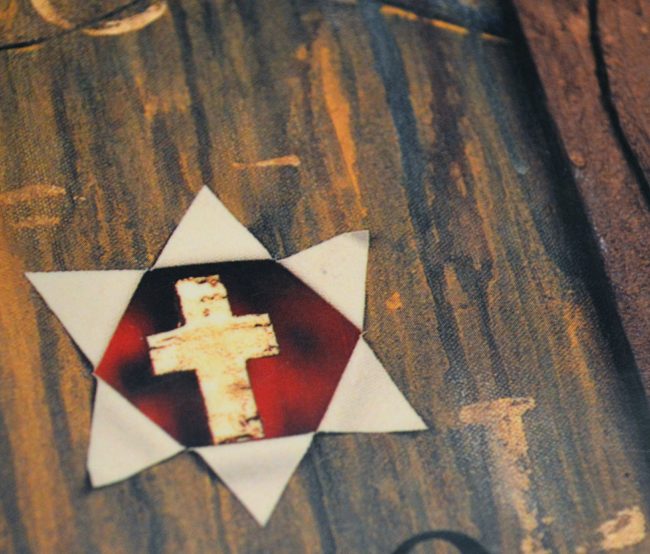
What were some limitations. I would guess that one of the reasons that this book hasn’t become as popular in schools as Speare’s Witch of Blackbird Pond is that in the end Bronze Bow has too direct of a conversion story for most public-school curriculum. I think that Witch of Blackbird Pond is more historical, and even though there is a lot about what does and doesn’t make someone a Christian in that one, still the main character doesn’t directly talk with and decide to follow Jesus.
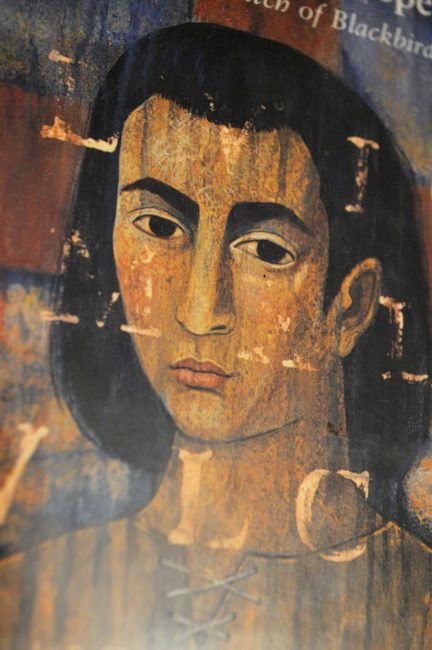
Similarity to other Newbery winners. It’s our third black smith coming of age story — Young Fu (1900s China) and Johnny Tremain (1700s New England)— and it shares with those stories a backdrop of persecution, poverty, and a need to mature out of an angry disposition. It also has a similar feel in to Speare’s earlier Newbery The Witch of Blackbird Pond—high tension, solid friendships, a coming to faith. Overall Bronze Bow is surprisingly unique in having a children’s story set in Biblical times; I would have thought this would be a more established genre. But in looking for books for my husband Evan to use in his 6th grade class about ancient history, we settled on Walter Wangerin Jr.’s lovely (and lengthy) book Paul, which is really not written for children.
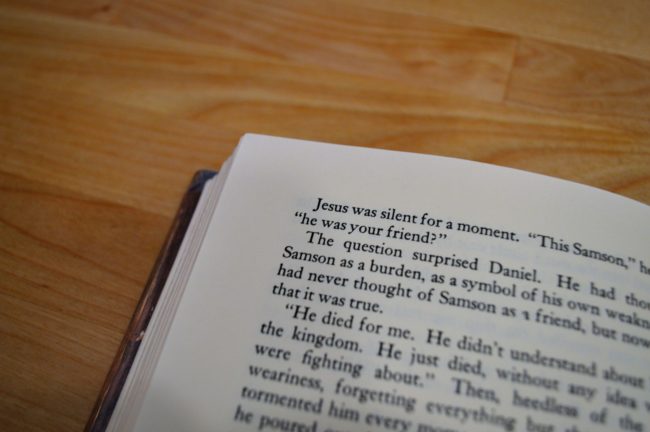
What it teaches me as a writer. I thought that Speare wrote Jesus really well, and those personal encounters that Daniel had with Jesus were my favorite parts of the book. One of my very favorite parts of children’s fiction is how it lends itself to having a sage character—someone who is always wise and speaks the truth. Sometimes this is a full-fledged symbolic God-character, or sometimes it’s more nuanced and layered than that. We’ve had couple very wise Newbery characters: Brother Luke in The Door in the Wall, Mr & Mrs. Chris in Miracles on Maple Hill, Hannah Tupper in The Witch of Blackbird Pond, and Chuto in Secret of the Andes. In looking at how Speare handles having Jesus as a character in Bronze Bow, she primarily puts Daniel in scenes from the Gospels, which is pretty unique to that kind of story. But like the other sage characters I mentioned, when Daniel directly has personal contact with Jesus, the scenes are short and powerful, filled with descriptions of expression, physical touch, and a short thoughtful exchange. Just like in regular life, actions of kindness and a steady faith usually convey more than long lectures.
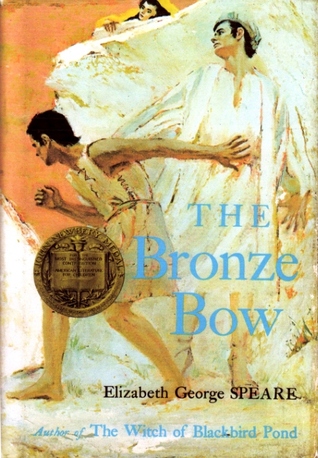
Have you read Bronze Bow? What are your favorite ancient near eastern books?
*Note* This post contains Amazon affiliate links, which means if you were to buy a book, I’d get a tiny commission at no cost to you. Thanks for supporting Stories & Thyme!*
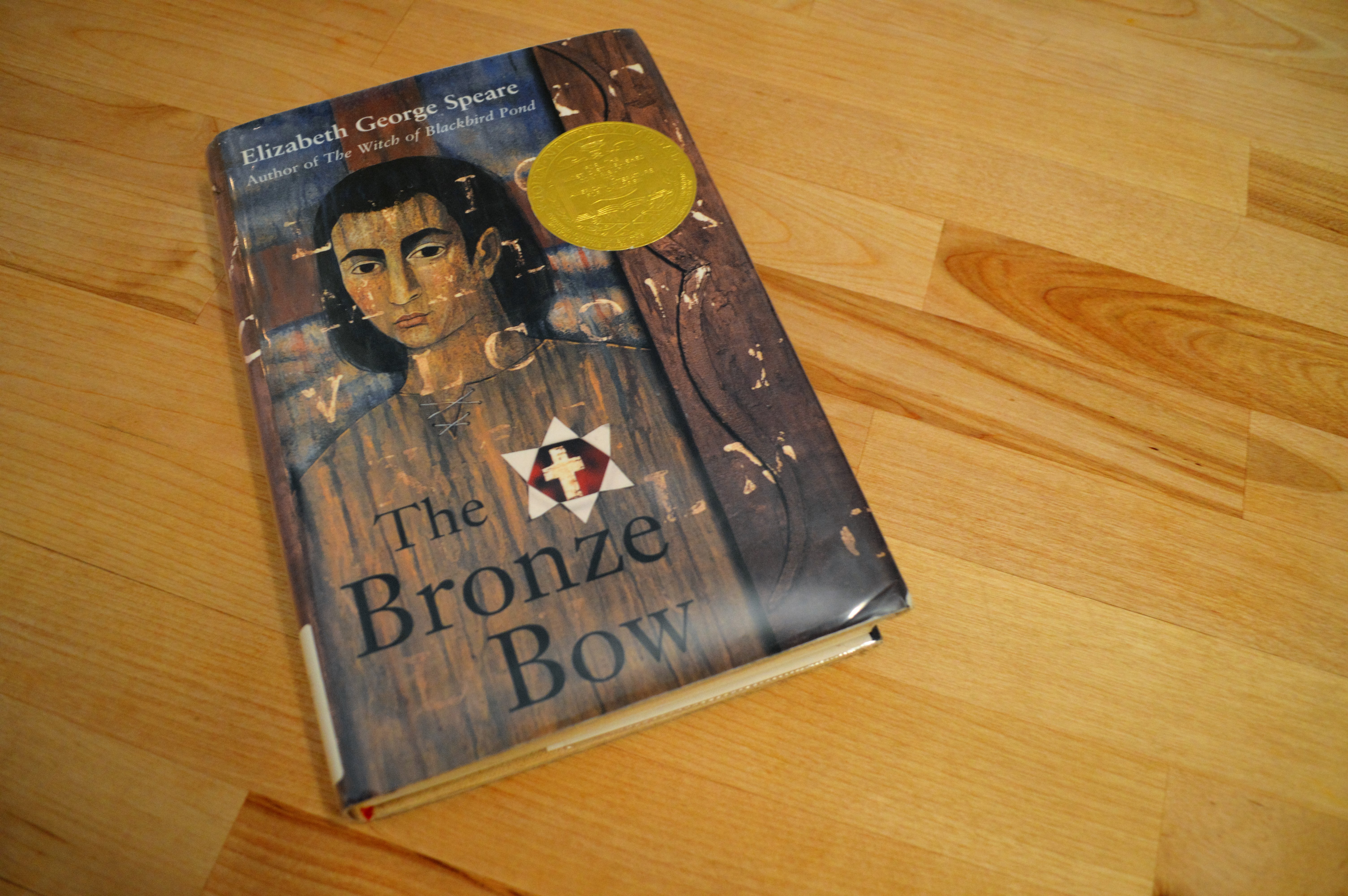
I read this with my after-school book club when I taught in an Episcopal school. Wonderful!
Yes! There is something about it — the beauty and friendship and passion–that remind me of your books!